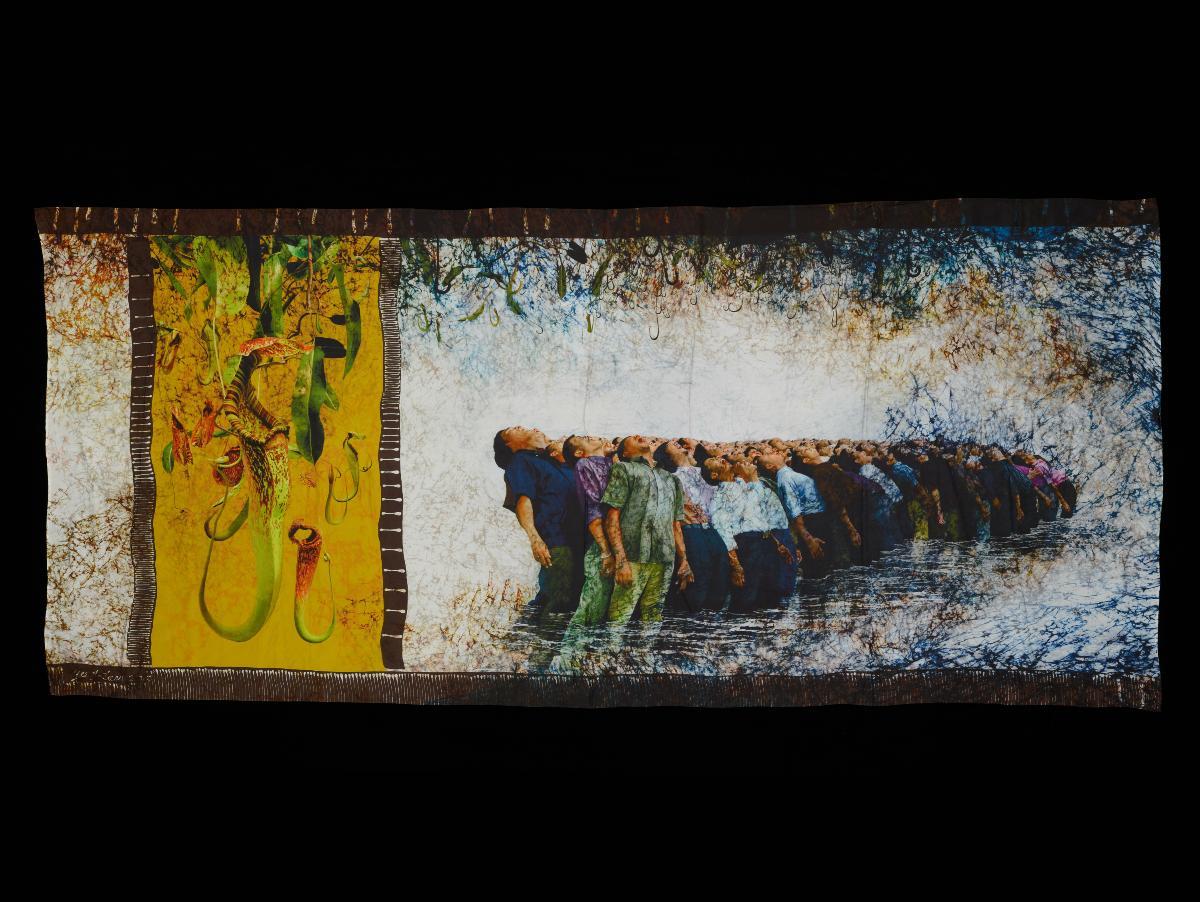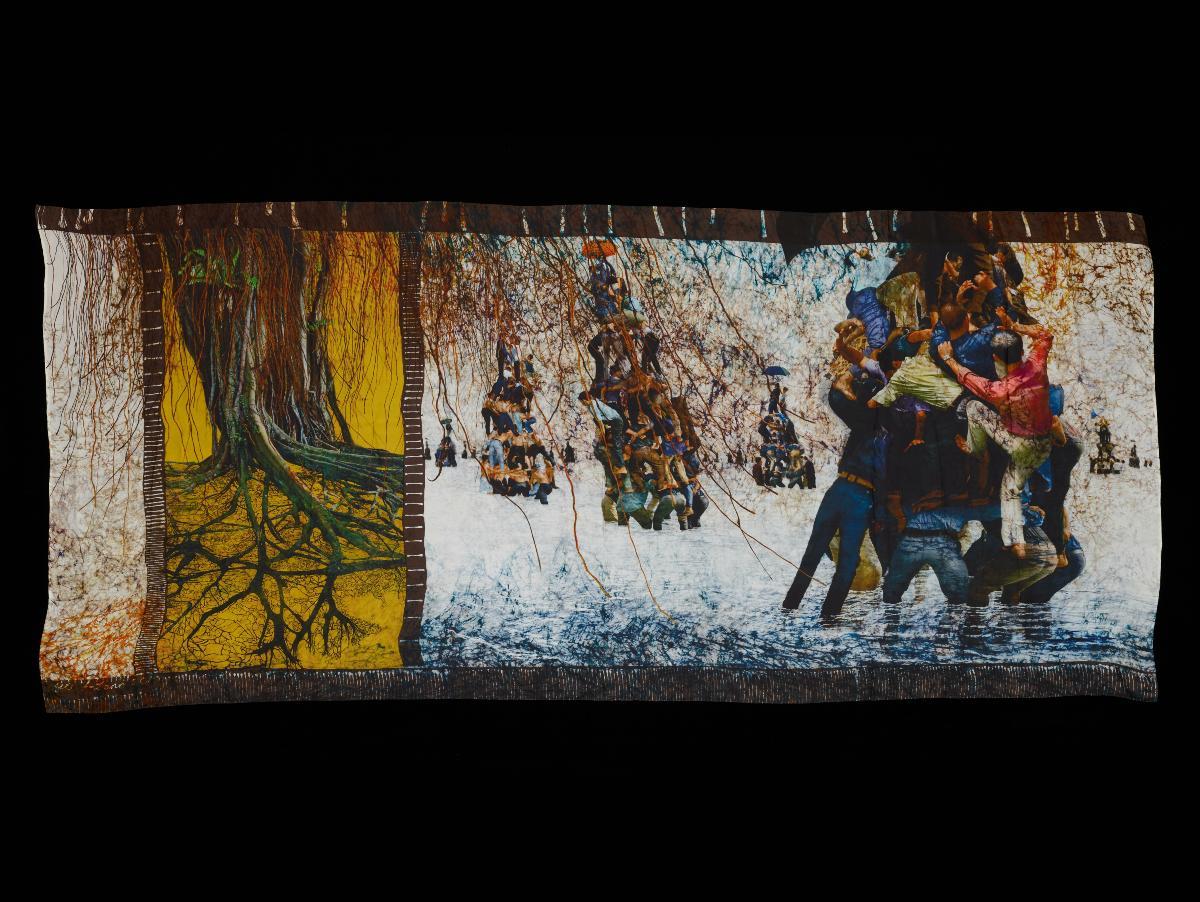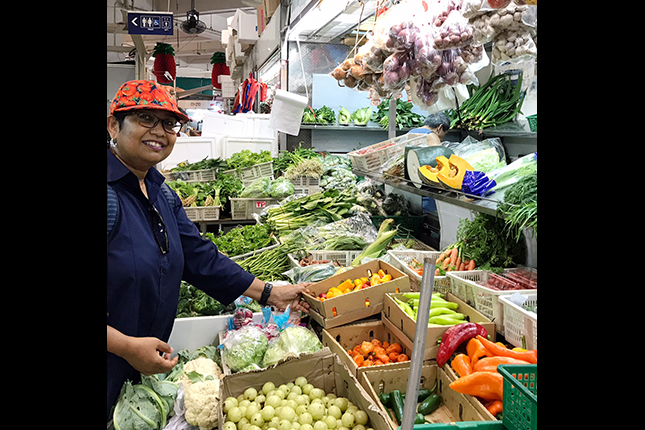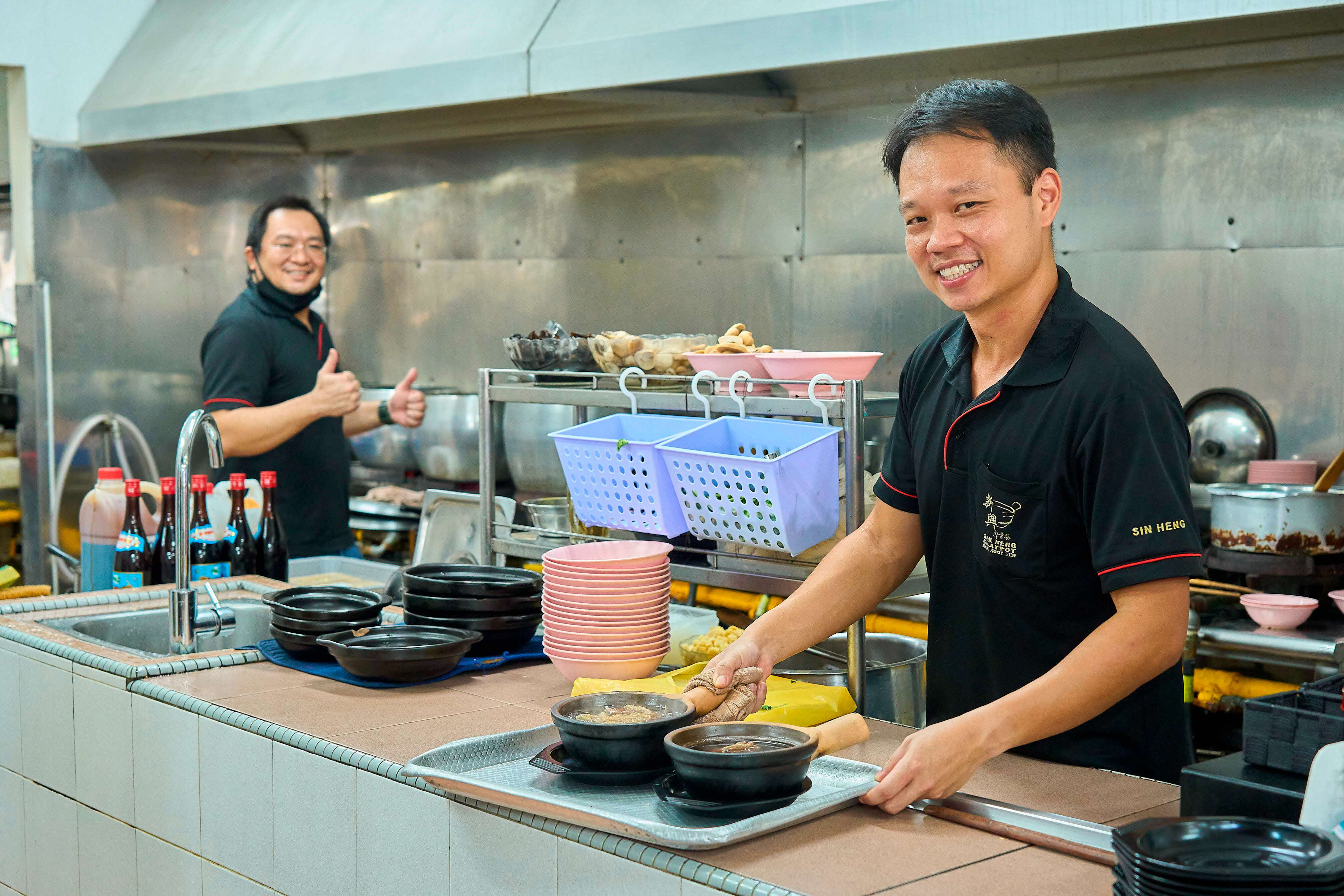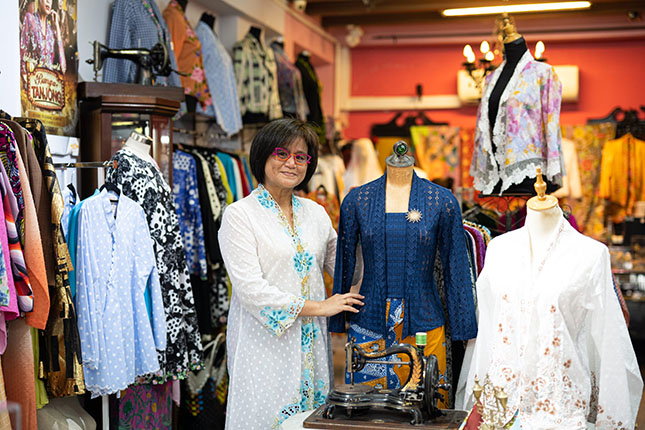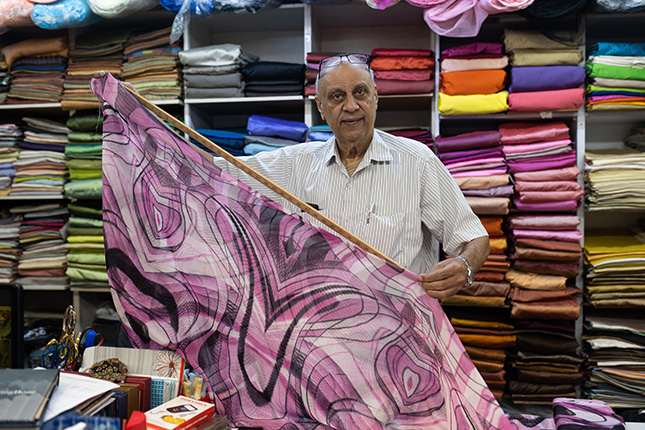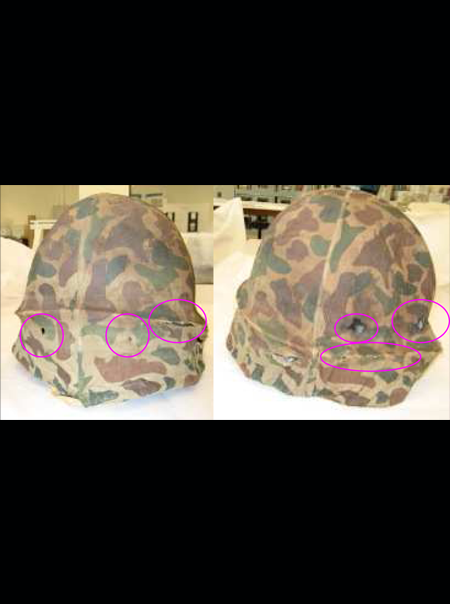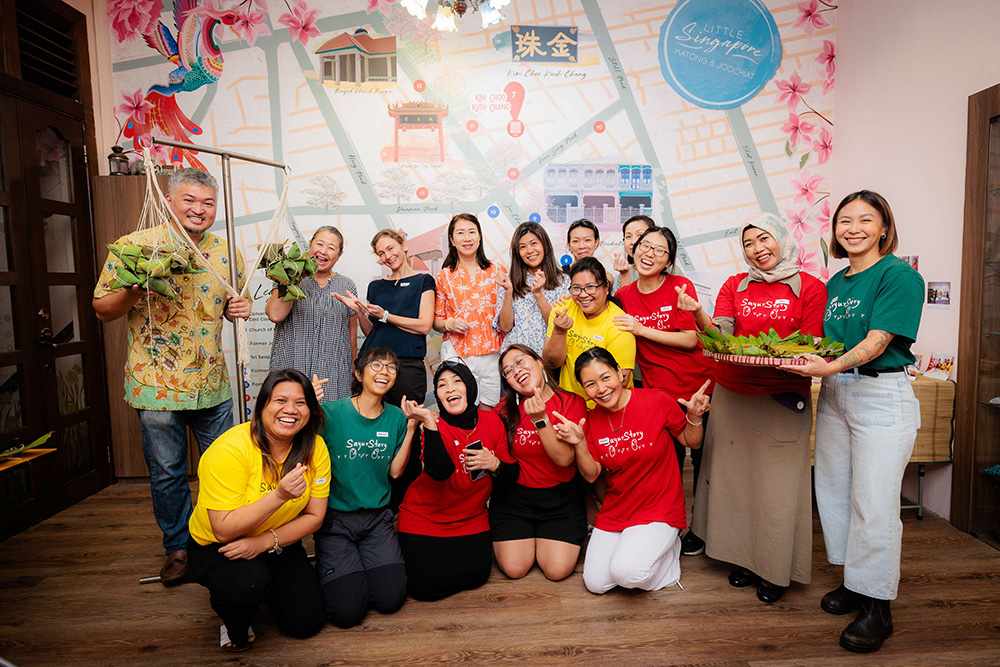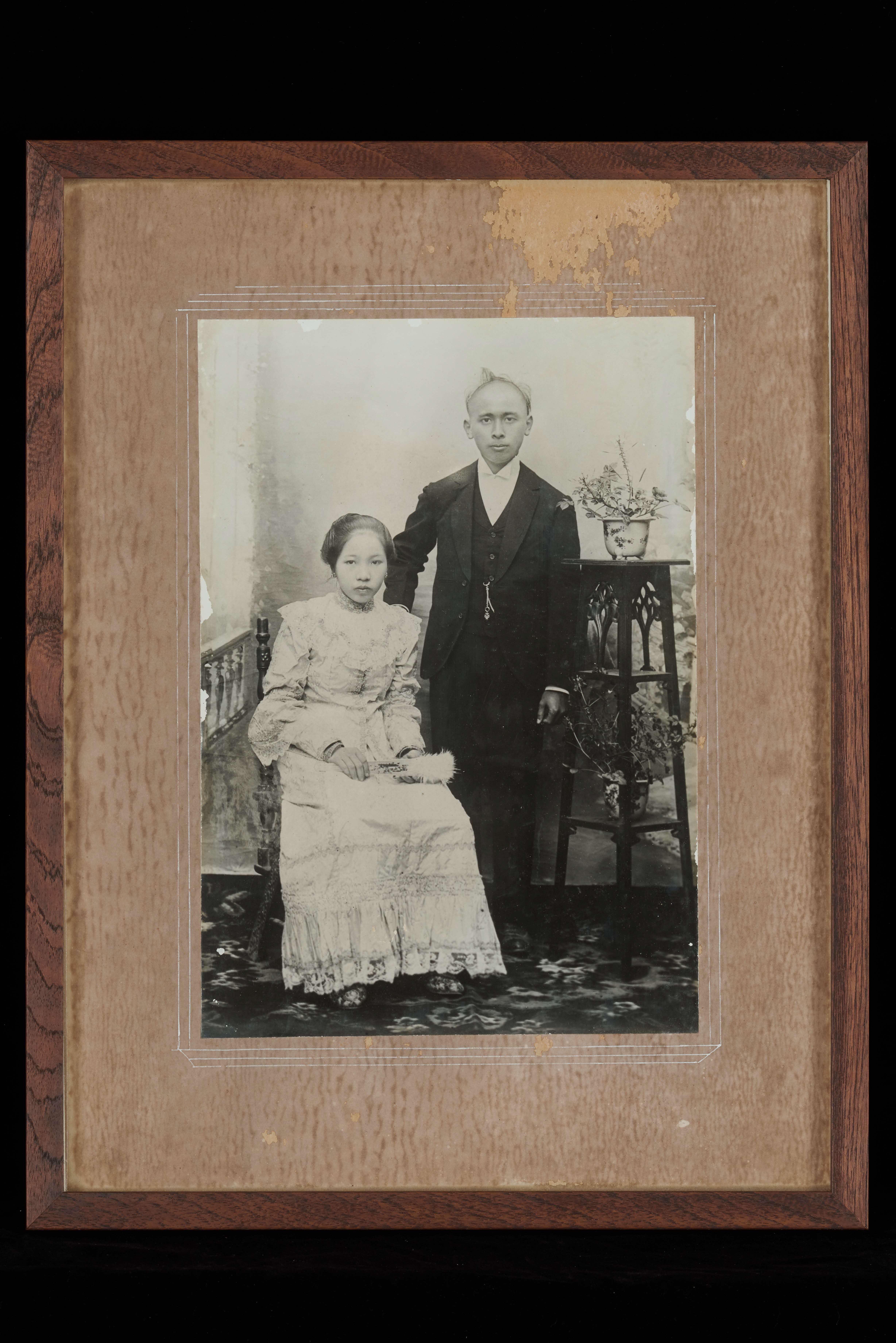A Carnival of Colours and Textures
|
Name of business: |
Teng Joo Textiles |
|
Name of business in other language: |
鼎裕貿易私人有限公司 |
|
Business Location: |
102 Arab Street, Singapore 199798 |
|
Business type: |
Textile |
|
Established: |
1966 |
Founded in 1966, Teng Joo Textiles sells textiles that are sourced from Thailand, China, Japan, South Korea, Malaysia, and Indonesia. The second-generation owner, Ms Alice Teo, has worked very hard to keep the family business going during challenging circumstances such as the 1997 Asian Financial Crisis and COVID-19 pandemic.
Stepping into Teng Joo is like entering a carnival of colours and textures. Amidst the array lies many unexpected finds that may pleasantly surprise customers. One can find fabric covered in cheetah prints, or fabric that is softer than silk. On a regular day, customers would occasionally stream in and out of the store. Alice, the second-generation owner, tends to these customers with a warm smile, patiently guiding them around the store to look for the fabric they need.
The business was started by Alice’s father in 1966, who had set up another textile shop with his brother earlier in the decade. The business moved to its current location in the early 1990s, initially renting the space before eventually buying it over. The moulded plaster and red paint with the Chinese characters, “Ding Yu” (鼎裕) or Teng Joo, can be seen on the building’s façade. The Chinese characters of the business was coined by Alice’s father—Ding (鼎) meaning a cauldron which implies solidity, and Yu (裕) being wealth. In the 1960s, names reflected the wishes of business owners, Alice says, and prosperity was a common aspiration.
When Alice’s father was starting up Teng Joo Textiles, business picked up quickly. The shop gained an audience beyond local shores—many of the customers were Indonesians and Malaysians. Teng Joo Textile was especially popular with Indonesians, who would buy the fabrics in bulk. However, competition was also rife then, with the entire street of textile traders offering similar products and targeting the same pool of customers. Despite the challenge, Alice’s father worked hard to sustain Teng Joo Textiles over the years.
In 1996, Alice’s father asked her to help run the business. “Actually, I was in between jobs, then I came in to help, and cannot leave after that,” she laughs. She has been managing the business ever since. These days, Alice buys her supplies from Thailand, China, Japan, South Korea and interestingly, Indonesia and Malaysia. She shares, “The ball has turned, now we buy from them.” After 26 years in the business, she counts product knowledge and interaction skills with customers among the essential requisites to do well. One of the tricks of the trade she picked up was bargaining. “I had to go through a learning process,” she says, explaining how she did not know how to handle customers who bargained for lower prices. It was only after years of experience that she started to understand her customers’ perspective, allowing her to respond in kind. “Suddenly there’s this lightbulb moment. Then you [realise], when the customers step out of the house to come to a place to buy things and all that, they don’t set out to make your life miserable. Bargaining is just part of the process.” Alice is now well-equipped to run Teng Joo Textiles smoothly and tends to customers with ease.
Under Alice’s management, Teng Joo Textiles has managed to tide through some difficult years. For the business to survive, adapting to new challenges and pivoting to new business models were necessary. One pivot was to change the business model when the Asian Financial Crisis in 1997 caused a decline in the number of walk-in customers. Alice innovated by shifting Teng Joo Textiles to focus on a Business-To-Business (B2B) model. This meant building a new customer base that included hotels and restaurants, wedding planners, and corporate clients by selling fabrics for events and costumes. Alice went one step further. As clients generally needed the fabrics solely for the purpose of specific events, Alice understood that the fabrics had a short-term usage. To cater to these clients, she started to supply products at low costs. These prices extended to fabrics for clothing for walk-in customers.
Through word-of-mouth, Teng Joo built its reputation over the years. Starting out as a brick-and-mortar store, it has evolved with the times. The business now sells its products on the e-commerce platform Lazada to reach a wider customer base. When the COVID-19 pandemic occurred, Teng Joo Textiles faced another decline in customers. But Alice’s tenacious spirit shone through this setback. She adapted Teng Joo Textiles’ services to cater to COVID-19-related requests. Teng Joo Textiles started receiving bulk orders for fabric to be used as drapes for hundreds of isolation cubicles in worker dormitories. It was a huge endeavour to fulfill every request, given the limited manpower and tight deadlines, but Alice decided to take it on. She and her staff worked around the clock in “a big mad rush” and managed to complete the orders in time. Though it was very tough, Alice did everything she could to ensure the sustainability of Teng Joo Textiles.
Alice regards Teng Joo Textiles as her baby. It not only embodies her father and the family’s heritage, but also her own blood, sweat and tears. “I would view it as something that is so much a part of me,” she says. After going through a journey of challenges, Alice wants to hold on to the family business and keep it going. What she has learnt from her experiences is that a business or any kind of endeavour, will mean something special once one puts his or her heart into it. It is not just about dollars and cents, and even customers can become friends.
Interviewed by Jeannie Ng, Wee Kit Bian, and Laurinda Wee on 5 May 2022.















